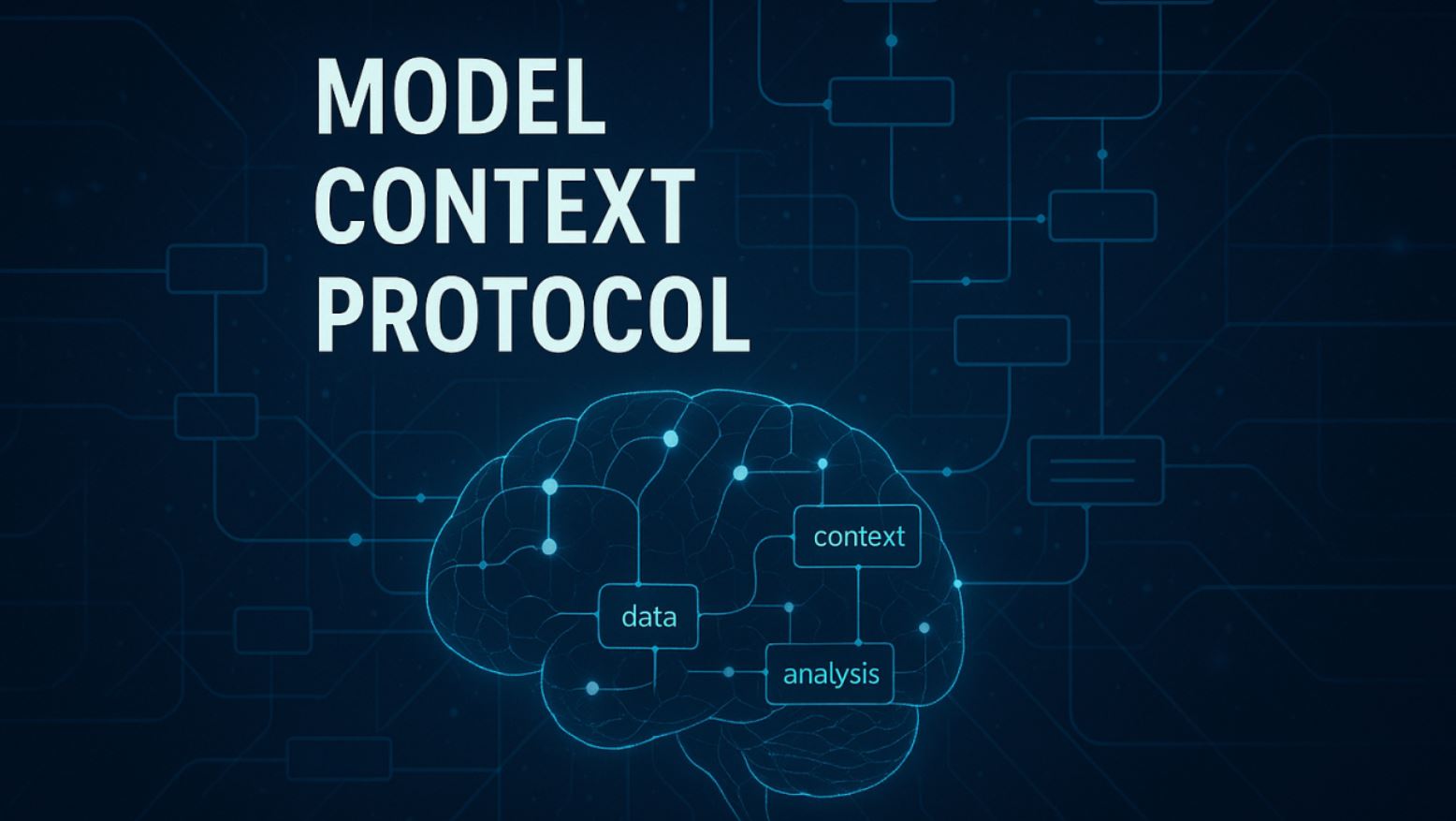 AI systems have moved well beyond text generation. They can now perform tasks, make decisions, and even plug into complex enterprise environments. If you’ve ever struggled with clunky integrations, you’ll appreciate how each model’s unique communication method can drive up costs and complicate workflows.
AI systems have moved well beyond text generation. They can now perform tasks, make decisions, and even plug into complex enterprise environments. If you’ve ever struggled with clunky integrations, you’ll appreciate how each model’s unique communication method can drive up costs and complicate workflows.
Enter Anthropic’s Model Context Protocol (MCP). This protocol offers a stateless, client‑server approach that lets large language models (LLMs) discover and use external tools in a consistent, machine‑readable format. In a landscape where every vendor opts for their own method, this could potentially offer the kind of uniformity we’ve seen on the web with tools like REST and OpenAPI.
However, while MCP introduces a promising framework, it isn’t a formal industry standard—yet. As an open‑source initiative primarily built around Anthropic’s Claude model family, it lacks the neutrality of a broad consortium. For those who have wrestled with task orchestration in enterprise projects, the absence of a shared tool interface is all too familiar, often leading to increased complexity and costs.
There’s also a real risk of further fragmentation. As vendors like Google with Agent2Agent and IBM with their Agent Communication Protocol develop their own protocols, true interoperability might slip further from reach. For mission‑critical systems, the preference is clear: you need a predictable, community‑governed standard.
If you’re experimenting with MCP, consider it an opportunity to innovate—but tread carefully. Mitigate vendor lock‑in by isolating MCP‑specific logic, bolster security with comprehensive safeguards, and set up robust logging and monitoring to keep things transparent. For developers creating agent‑based products, a phased approach is best. Prototype with MCP, build adapters where needed, and keep a close eye on how its specifications evolve.
The conversation around MCP is more than technical nuance—it’s about building a flexible, integrated future for AI in the real world. As industry leaders like Gopal Kuppuswamy, Co‑founder of Cognida, weigh in on these developments, it’s clear that thoughtful experimentation and open dialogue will be key.








